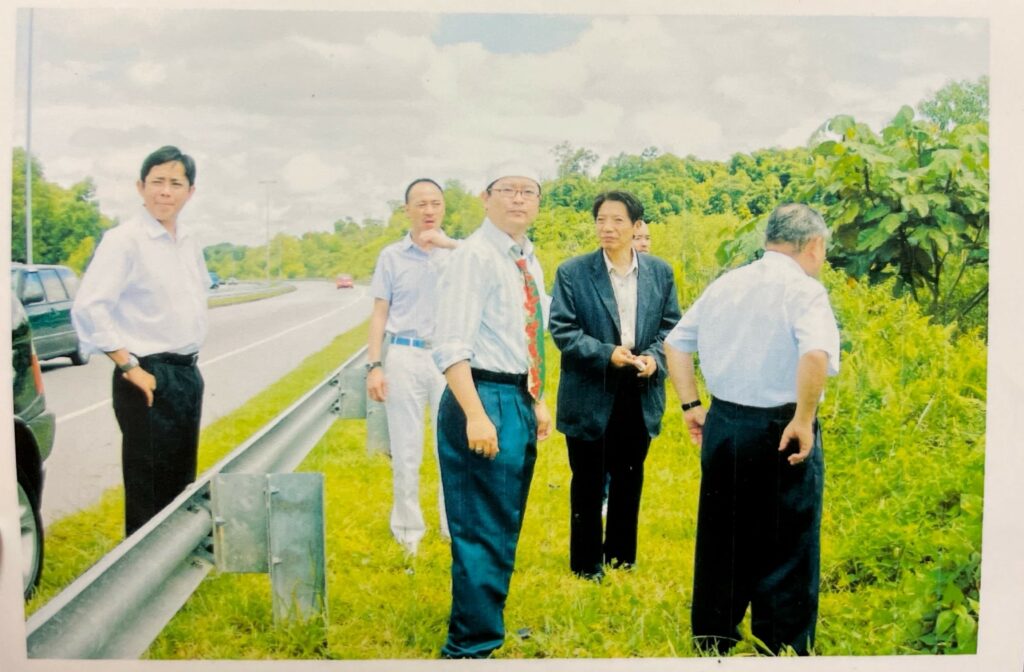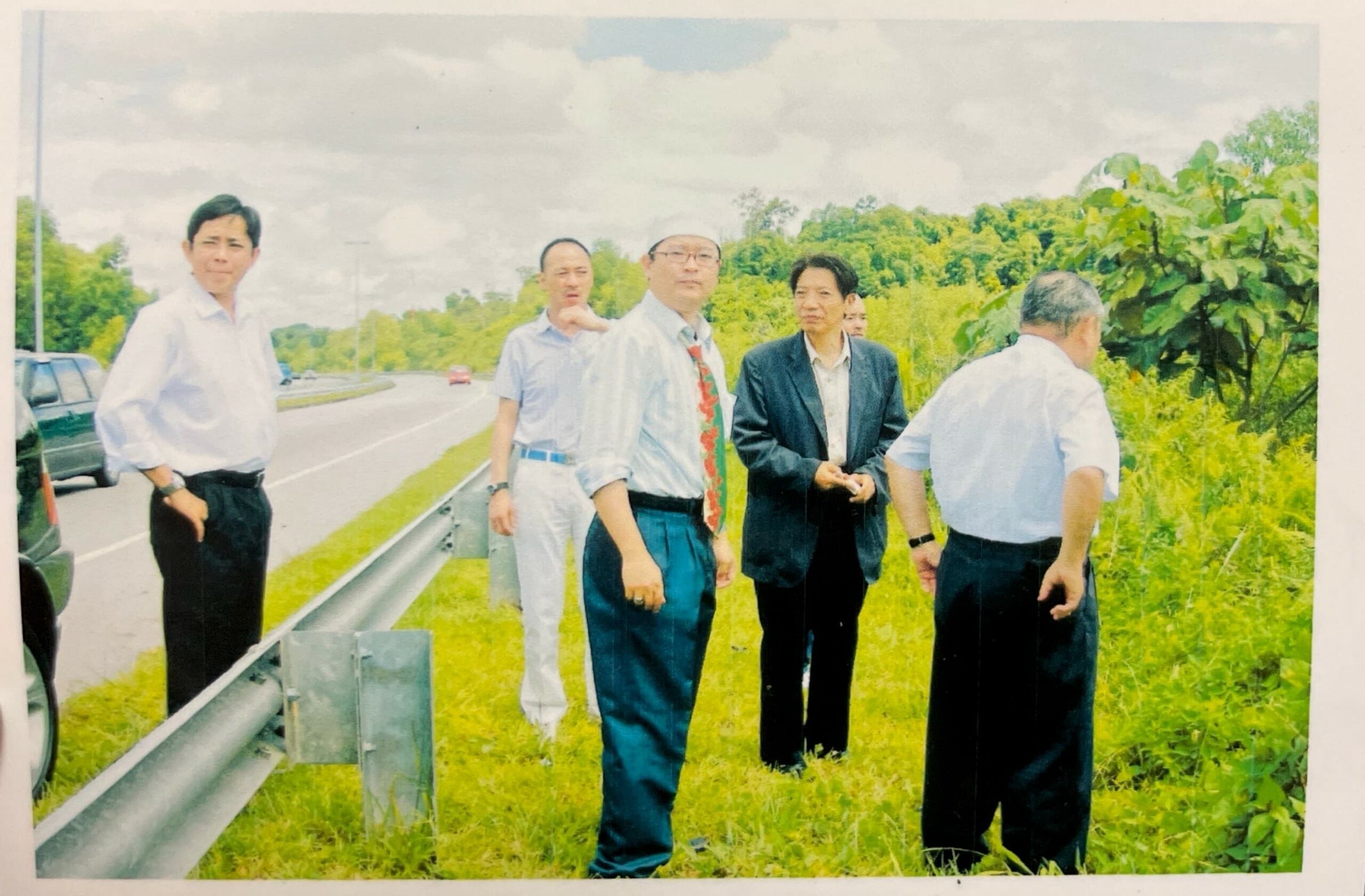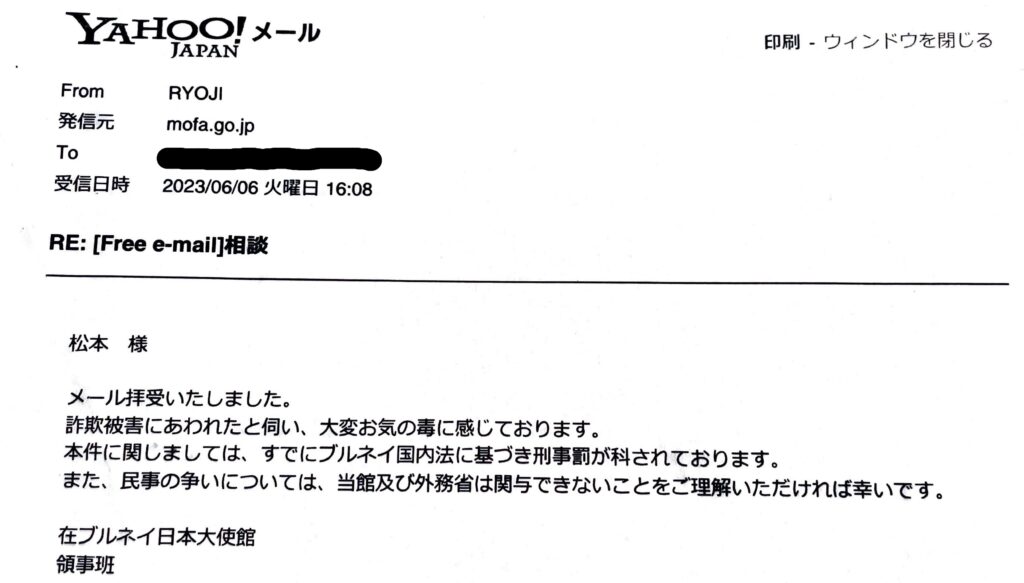Japan is widely known as one of the safest countries globally, and it’s definitely the safest place I’ve called home. Despite this reputation, crime – ranging from murders and thefts to various types of fraud – makes headlines here just like anywhere else. Yet, amidst these stories, one specific fraud seems to have stayed largely hidden in the shadows.
The victims are fighting tirelessly for justice, striving to bring the truth to light. But justice continues to elude them despite years of accumulating evidence. They say that chances are, the impunity surrounding this fraud is connected to governmental interests. Adding to the complexity, the delicate balance between two countries, with diplomatic relations at stake. Well, not any countries – Brunei, home of the perpetrators, and Japan, where the victims reside.
An intricate plot
This story isn’t just about stolen cash; it’s about trust betrayed and lives upended. At its heart are people who placed their faith in someone, only to be duped and left empty-handed. One such person was Mr. Toshikazu Matsumoto, hailing from Hiroshima, a resilient survivor of the atomic bomb. Despite enduring the tragic loss of his family, Matsumoto persevered, carving out a successful path for himself. He dedicated his entire career to Toshiba Medical Systems Co., Ltd., where he held various positions across different locations.
After retiring, Matsumoto ventured into new territory, founding Smile Co., Ltd. in Osaka, in 1993. All was smooth sailing until one day in 2008 he crossed paths with Mr. Takashima Sadamitsu, an executive officer at Sunrise Tech Co., Ltd. A charismatic businessman, Takashima lured Matsumoto into the promise of lucrative ventures in Brunei. Intrigued, Matsumoto boarded a plane to meet a crucial player in the scheme.
That player turned out to be P.G. Bahrin, initially presented as a prominent figure with ties to Brunei’s royal lineage. Little did Matsumoto know, Bahrin would later reveal himself as one of the perpetrators of a fraudulent plan.

Before the truth emerged, Matsumoto regarded Bahrin as someone with strong connections to the Brunei royal family, unaware of the deceit beneath the surface. In Brunei, P.G. Bahrin laid out his grand vision to Matsumoto, showcasing a rundown area ripe for transformation into a vibrant residential community. Matsumoto even met Ishakuma, Bahrin’s brother and Brunei’s Minister of Development, overseeing the project as a respected architect.
The opportunities seemed boundless. Initially, Matsumoto was drawn into investing in the residential project, rallying funds and manpower. Then, he was seduced into a luxury car sales venture targeting Japan, with Bahrin claiming ownership on behalf of Prince Jefri Bolkiah of Brunei. Finally, Matsumoto was roped into the buying and selling of a prized Tokyo slot allegedly belonging to Prince Jefri. Despite the differing deals, the outcome remained constant: Matsumoto was urged to pour money into these projects, promised substantial returns.
In the end, amid relentless requests for funds, Matsumoto found himself selling his company building and extending loans totaling over 30 million yen. Yet, once the money changed hands, communication from Bahrin and his associates vanished into thin air.
A frantic quest for answers
Alongside Matsumoto, reportedly over 100 Japanese nationals fell prey to the same deceitful scheme. Takashima extracted roughly 10 million yen from each victim, funneling it straight to Brunei. Though the deals varied, the promises echoed the same tune. And the method of persuasion remained constant – flaunting connections to the Brunei royal family.
In 2008, Matsumoto finally came to terms with the fraud he had unwittingly fallen victim to. And so began another chapter in this ongoing story: the quest for justice.
Swiftly reacting to the betrayal, Matsumoto sought help from official channels, including the Osaka police department and the Brunei Embassy in Tokyo. Email exchanges were meticulously preserved by Matsumoto’s son, Toshiaki. These records shed light on a troubling pattern: a consistent reluctance on the other side to dig deeper into the matter. Matsumoto and his fellow victims couldn’t shake the suspicion that this resistance was designed to shield the royal Brunei family, lending weight to Bahrin’s claims of affiliation with them.
But when the Royal family’s name entered the conversation, authorities suddenly took notice. Email evidence from 2014 reveals the Brunei Embassy in Tokyo urging Matsumoto’s son to understand that the investigation had no links to the royals.
“We would like first and foremost to clear the misunderstanding that the accused, Mr. Pg Hj Kamarul Bahrin has any relations to the Brunei Darussalam Royal Family. Mr. Pg Hj Kamarul Bahrin does not have any connection to His Majesty the Sultan and Yang Di-Pertuan of Brunei Darussalam and does not, in any way, represent the members of the Brunei Darussalam Royal Family,” they remarked.
The truth behind these supposed connections remains elusive. What’s certain is that regardless of Bahrin’s prior ties to the royal family and government, Brunei’s failure to hold international criminals accountable in the aftermath of the fraud only served to sow feelings of mistrust between the Japanese victims and the country.
Matsumoto’s son, Toshiaki, has been a driving force in his father’s quest for answers. Back in 2014, he reached out to Izzaldin Osman, Superintendent of the Criminal Investigation Department of the Royal Brunei Police Force. Detective Osman took charge, launching an investigation and gathering crucial details from the Matsumoto family and other victims. Yet, despite their collaborative efforts, the victims were left in the dark about the investigation’s outcome.
Since last year, Toshiaki has been in contact with the Brunei Embassy in Japan regarding his case. In their latest email, the Embassy stated that criminal punishment had already been imposed by the Brunei government and they couldn’t offer further assistance to Toshiaki and his family. In other words, they washed their hands of the matter. The email also cc’ed the Japanese Ministry of Foreign Affairs.
Here’s a translation of the correspondence dated 2023/06/06:
“Dear Mr. Matsumoto,
We have kindly received your email.
It is with great regret that we have learned about your case of fraud. Criminal penalties have already been imposed in this case in accordance with Brunei domestic law. Please be aware that neither the Embassy nor the Ministry of Foreign Affairs can get involved in any civil disputes.”
Chasing shadows
Years have passed, yet this seemingly clear-cut case remains unresolved. Rather than offering tangible assistance, officials have only added to the victims’ frustration. Meanwhile, the fraudsters and their funds remain hidden away in Brunei, evading capture and leaving justice out of reach.
Recent evidence has shed light on a resurgence of the fraud, this time targeting fresh Japanese victims. The fraudsters’ connections to the royal family are now starkly evident, showcased in a circulating video where three female victims confront King Bolkiah’s son (the Crown Prince), in the company of one of the perpetrators. Whatever conclusions we draw from this new evidence, one truth remains crystal clear: the threat of this scam repeating itself is all too real. Extreme caution is urged for anyone encountering similar situations in Japan.
Matsumoto’s company sank into deep debt following the massive financial blow. Even worse, Matsumoto himself fell gravely ill from the stress and fatigue, eventually diagnosed with liver cancer. He passed away in 2016, never seeing justice served in his case. But his son, Toshiaki Matsumoto, carries on the relentless fight for justice in his father’s honor. Sharing their story and spreading awareness may just bring them closer to the closure they deserve.
Toshiaki Matsumoto would like to sit down with Brunei embassy officials and discuss the case at length but is simply ignored. In the meantime, if someone approaches you with a sweet deal in Brunei, connected to the royal family—think twice and just say, “No, thank you.”


Brunei – the country where the equally dodgy President of Peru resigned from by fax, before absconding to Japan, which equally shielded him from justice for years, despite an Interpol arrest warrant being out on him. Justice finally caught up with him when he foolishly flew to Chile, believing he was still in a bubble of impunity. But Chile did the right thing and extradited him back to Peru to face justice for human rights abuses – the massacre of protesters during the 1990’s.
What is in common with this story? The Japanese government’s complicity in covering up illegal activity outside its borders. And – the island of Brunei.
Good luck to the victims in this story.
Found some articles and videos that talks about this stuff
https://access-journal.jp/72557
https://access-journal.jp/1737
https://access-journal.jp/25703
https://ndlsearch.ndl.go.jp/books/R000000004-I028592816
https://www.youtube.com/watch?v=FyQq3ubhbls
https://www.youtube.com/watch?v=eEn6jATYoJk